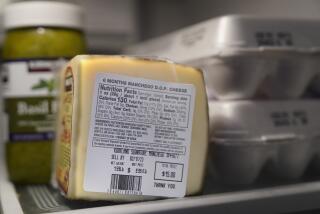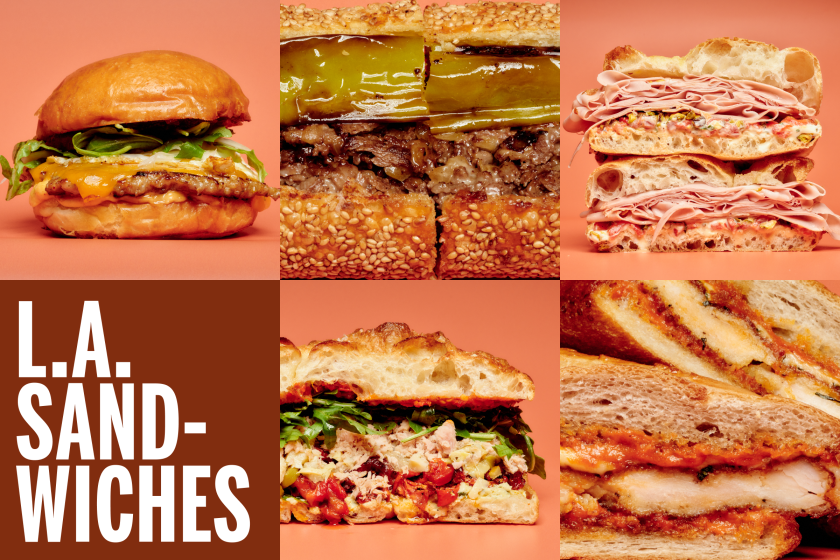Food Gene Label Unneeded
Genetically modified food has been on Americansâ dining room tables for more than a decade. Virtually every kind of food in the supermarket from bread to cheese has had its genes altered one way or another. Now some members of Congress and, in California, state Sens. Tom Hayden (D-Los Angeles) and Byron Sher (D-Stanford) want such food labeled. An organic farmer in Sonoma is trying to put a labeling initiative on a future California ballot.
The Food and Drug Administration already requires the labeling of genetically modified (GM) food that may differ in some way from its conventional counterpart. But regulators consider the vast majority of GM food no different from conventional food. Unless it is shown otherwise, labeling could be misleading.
Where the government has earned just criticism is in failing to generate public confidence in GM food. Consumers, independent scientists and even farmers have been excluded from the process of government testing and approval. To its credit, the FDA has made amends by holding hearings across the country, and the Department of Agriculture is bringing the public to its âarmâs-length regulatory process.â But unless it is found that GM food is any different in quality or safety from conventional food, adding a label would be misleading.
Biotechnology has revolutionized food processing. American consumers have known little, and cared little, about transplanted genes in much of their food, ranging from hamburger buns to catsup to cake mixes. So prevalent is such food today that eliminating it could have devastating consequences for farmers.
But what about consumer safety? The three agencies of the U.S. government that regulate the production and sale of GM products insist that tests and consumer use for over a decade show that GM food is safe. So far, no incidents of harm by approved GM food have been reported, but that is no reason for complacency. Testing by the agencies should continue to develop and improve the process as scientists raise new questions.
Under current FDA regulations, traditional and bioengineered foods are subject to the same labeling requirements. The labels must be truthful and must not mislead consumers. When ingredients such as artificial colors or preservatives are added to a food, they must be listed on the label. Labels need not note the presence of genetically modified ingredients. In bioengineered food, modification does not generally raise the same food safety concerns as the presence of chemical additives.
Labeling is required, and justified, only if the added or modified gene differs from its conventional counterpart in that it changes nutritional value or causes allergic reactions. The labeling proposals of Sens. Hayden and Sher would only confuse a simple process.
More to Read
Eat your way across L.A.
Get our weekly Tasting Notes newsletter for reviews, news and more.
You may occasionally receive promotional content from the Los Angeles Times.










